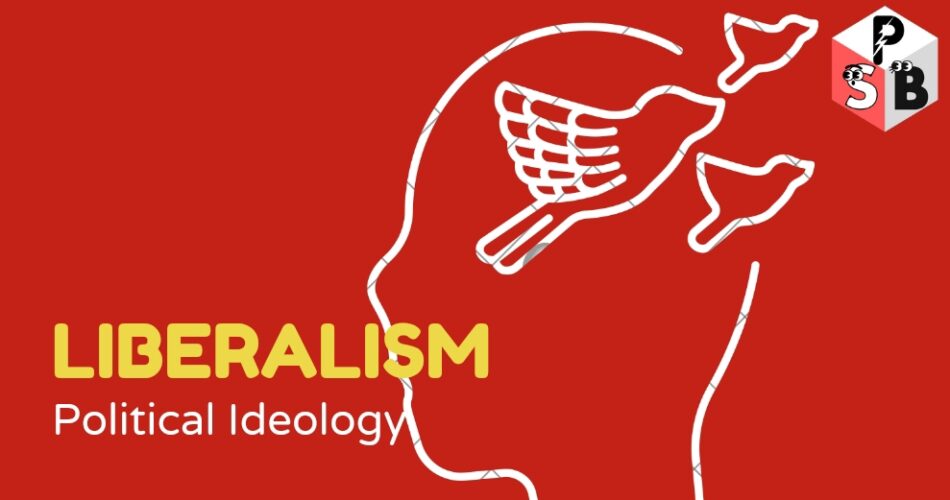

Liberalism is a political ideology that emphasizes individual rights, liberty, and limited government. It is based on the idea that individuals have certain inherent rights, such as the right to life, liberty, and property, and that the role of government is to protect these rights. Liberalism also emphasizes free markets and free trade, and advocates for the rule of law and limited government intervention in economic and social affairs. Liberalism has had a significant influence on the development of modern democratic systems, and it is often associated with ideas like individualism, progress, and the Enlightenment.
The origins of liberalism can be traced back to the Enlightenment era in the 18th century, a period of intellectual and philosophical ferment in Europe. During this time, a number of influential thinkers emerged who laid the foundations for liberal thought.
John Locke, an English philosopher, argued that individuals have natural rights to life, liberty, and property, and that the role of government is to protect these rights. Locke’s ideas had a profound influence on the American Revolution and the development of the United States Constitution.
Adam Smith, a Scottish economist, is often referred to as the “father of capitalism.” In his influential work “The Wealth of Nations,” Smith argued that free markets, guided by the “invisible hand” of competition, would lead to economic growth and prosperity.
The French Revolution, which began in 1789, was a key moment in the spread of liberal ideas. The revolution overthrew the monarchy and established a constitutional monarchy in its place, and it also inspired similar movements in other countries. The Declaration of the Rights of Man and of the Citizen, which was adopted by the National Assembly in 1789, enshrined the principles of liberty, equality, and fraternity and became an important influence on liberal thought.
Liberalism became a dominant force in European and North American politics in the 19th and early 20th centuries, and it continues to be a major influence on political thought and policy today. However, it has faced various criticisms and challenges over the years, including from rival ideologies such as conservatism and socialism.
The main ideas and principles of liberalism include:
Liberalism and democracy are often seen as closely related, and liberal principles have played a significant role in shaping modern democratic systems. In a liberal democracy, individual rights and liberty are protected, and the government is accountable to the people through regular elections and the rule of law.
However, it’s important to note that democracy and liberalism are not the same thing, and there are many non-liberal democracies in the world. For example, some democracies have strong centralized governments that are more interventionist in economic and social affairs, while others have more decentralized systems with greater regional autonomy.
Moreover, not all liberal systems are democratic, and there are examples of liberal autocracies, in which the government is not democratically elected but still respects individual rights and liberties. Conversely, there are also examples of democratic systems that are not liberal, in which the government does not fully protect individual rights or the rule of law.
Overall, while liberalism and democracy often go hand in hand, they are not synonymous, and it is possible to have one without the other.
Liberalism has faced various criticisms and challenges over the years, including from rival ideologies such as conservatism and socialism. Some of the main criticisms of liberalism include:
While liberalism has had a significant influence on political thought and policy, it is not without its detractors, and there are ongoing debates about the strengths and limitations of the ideology.
In conclusion, liberalism is a political ideology that emphasizes individual rights, liberty, and limited government. It originated in the Enlightenment era and has since become a dominant force in modern political thought.
The core tenets of liberalism include individual rights and liberty, limited government, free markets and free trade, and the rule of law. Liberalism and democracy are often seen as closely related, and liberal principles have played a significant role in shaping modern democratic systems.
However, liberalism has faced various criticisms and challenges over the years, including from rival ideologies such as conservatism and socialism. Despite these criticisms, liberalism remains an influential force in contemporary political discourse, and its ideas continue to shape political systems and policies around the world.